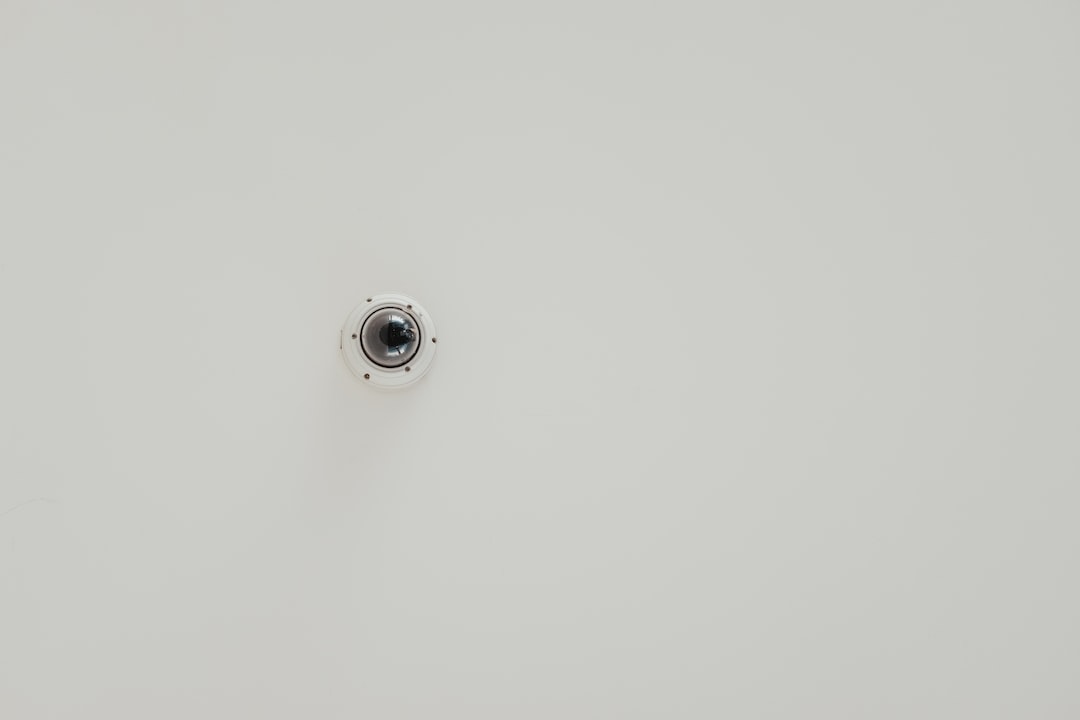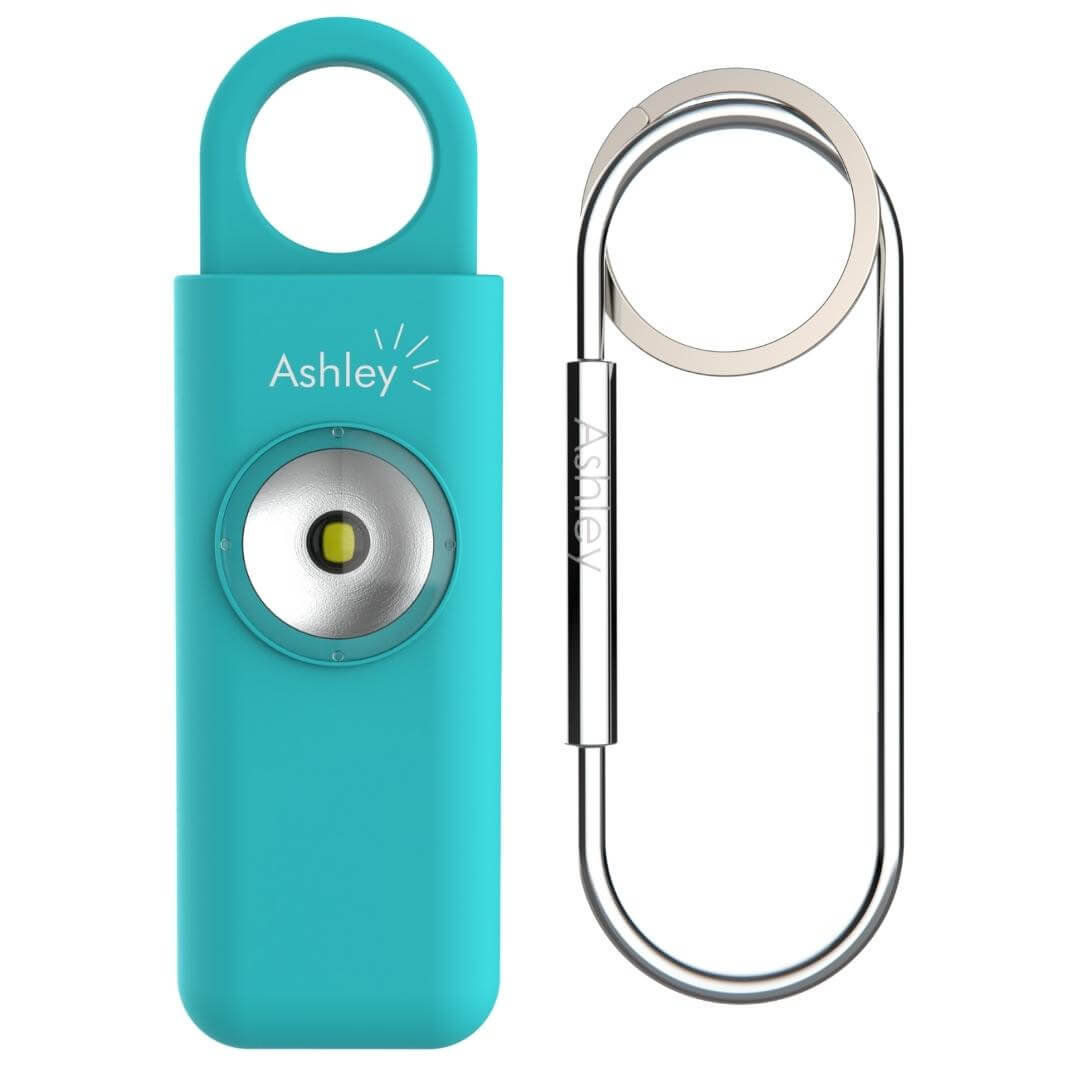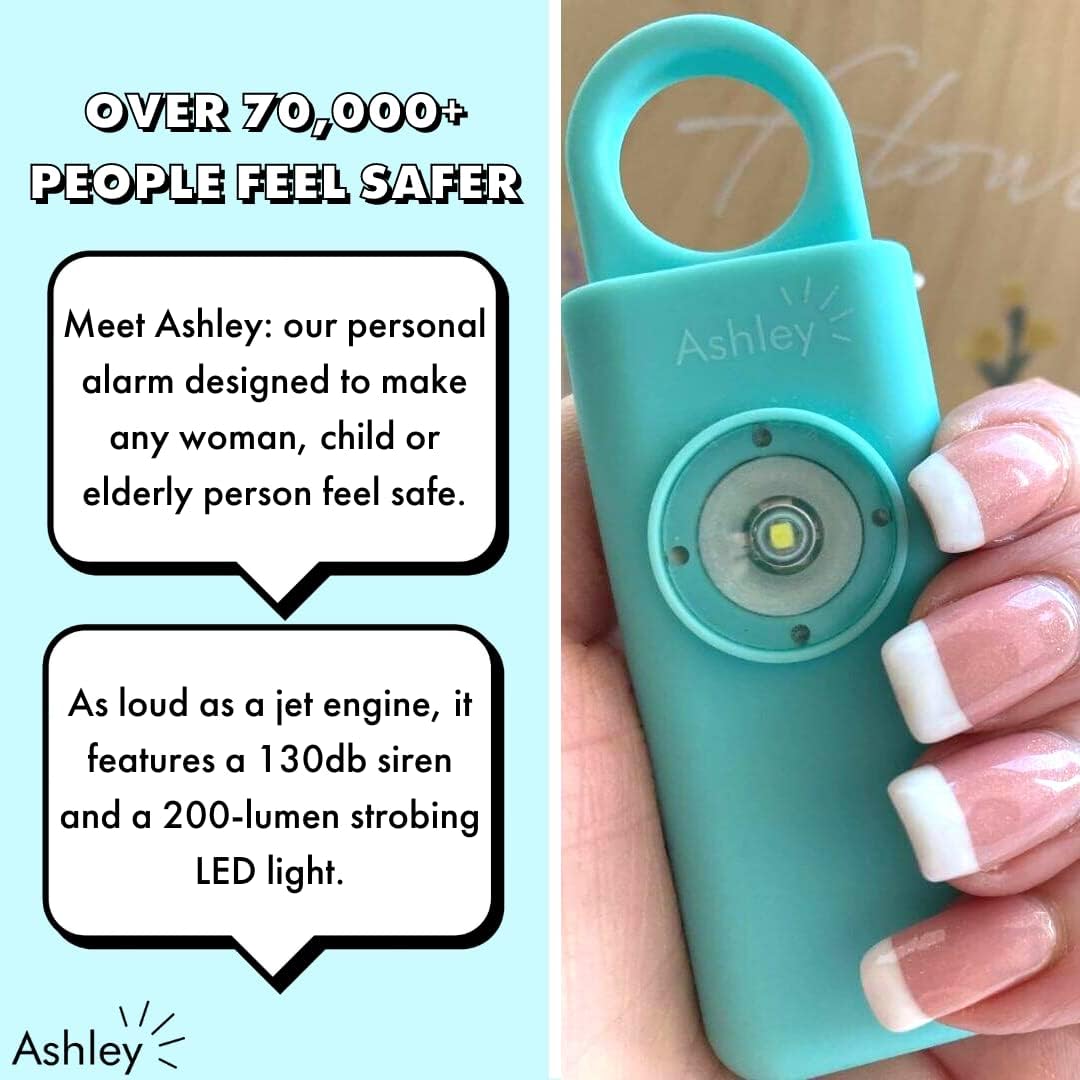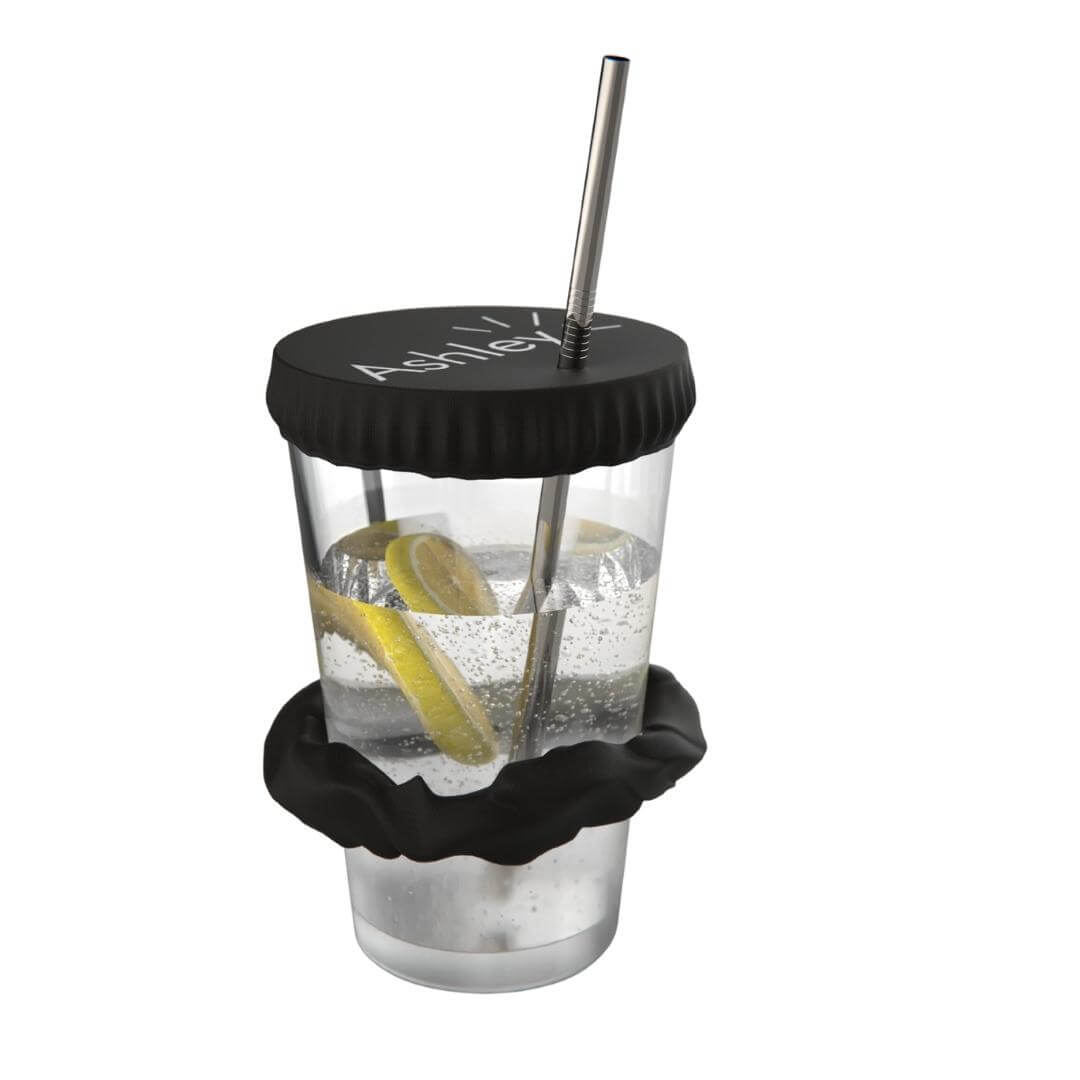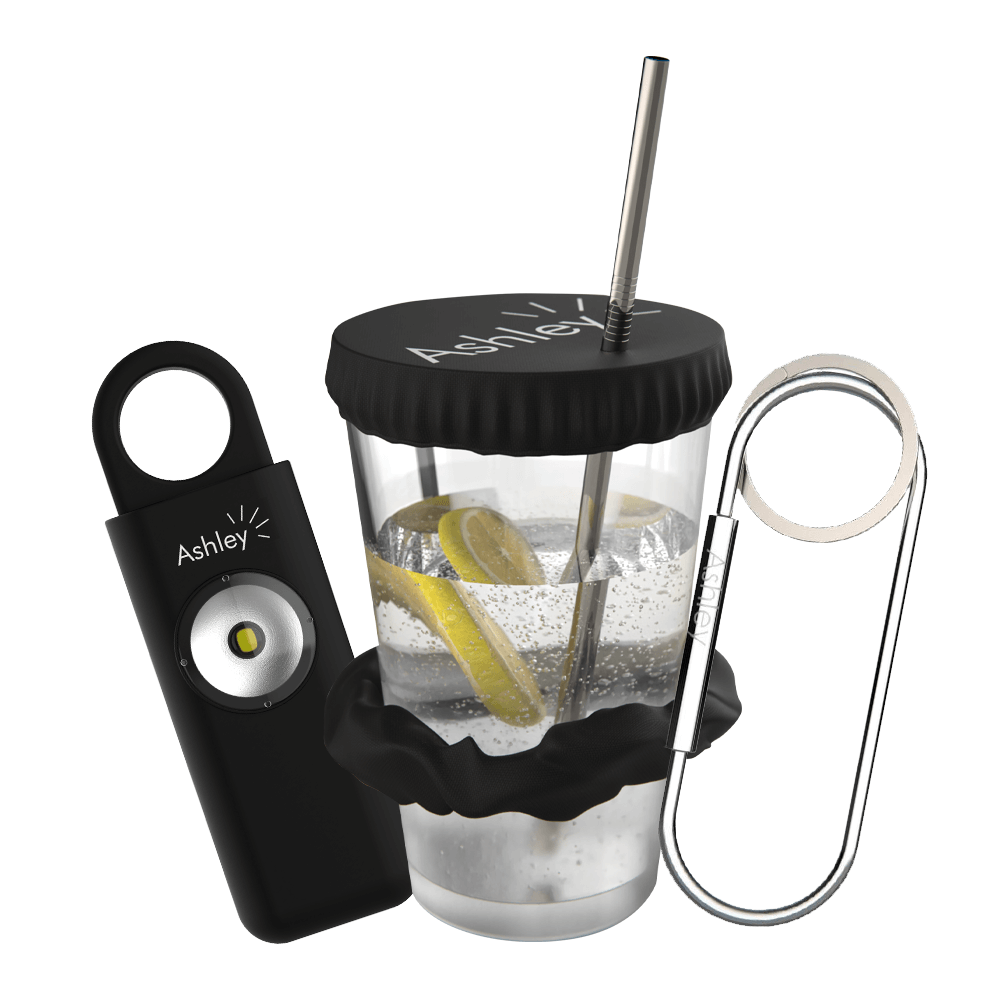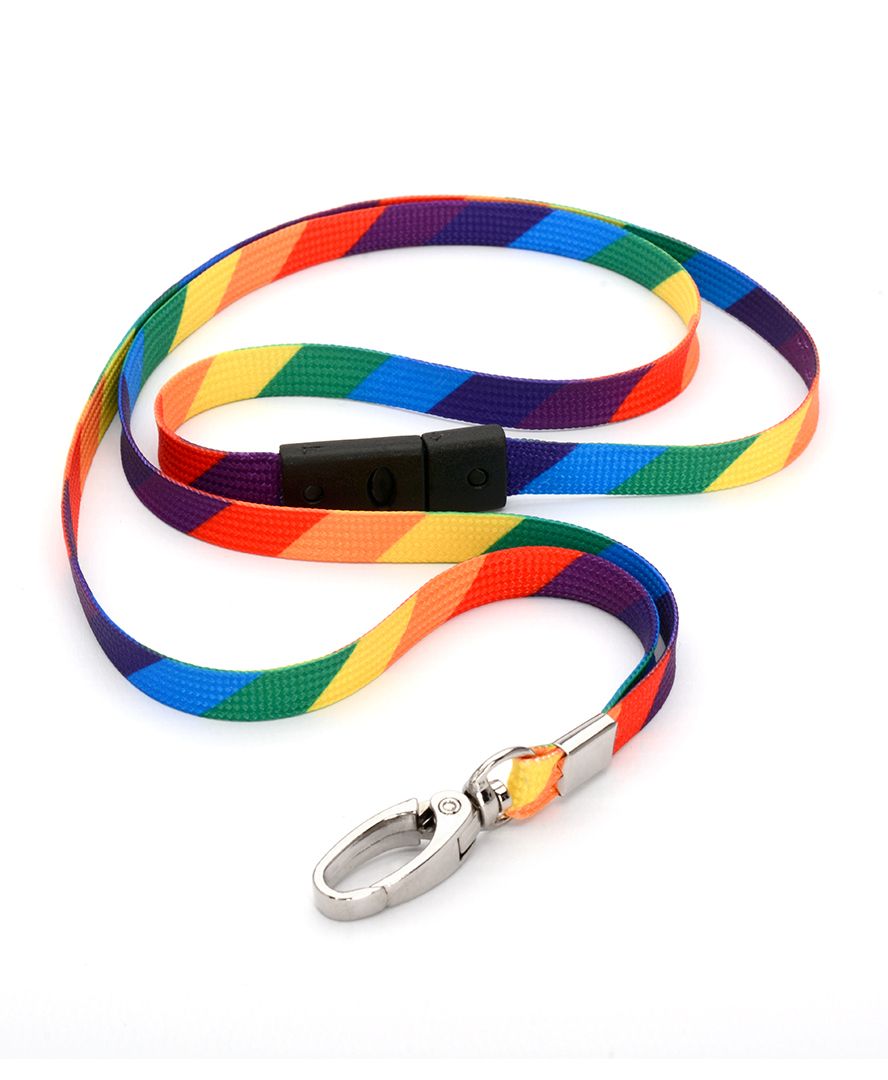In today's world, personal protection has become more critical than ever. With crime rates on the rise and the ever-present threat of accidents, it's crucial to be prepared and ensure your safety. Personal protection alarms, like those offered by Empowered by Ashley - a UK personal safety brand - are an easy-to-use, effective solution for deterring potential attackers and making you feel safe, reassured, and secure. In this ultimate guide on personal protection alarms, we will cover everything you need to know about these devices, including how they work, their benefits, and how to use them for maximum protection.
Table of Contents
- How Personal Protection Alarms Work
- Benefits of Personal Protection Alarms
- Types of Personal Protection Alarms
- Key Features to Look for in a Protection Alarm
- Effectiveness of Personal Alarms
- Using Personal Protection Alarms Properly
- Maintenance and Care of Protection Alarms
- Legal Considerations and Laws
- Frequently Asked Questions (FAQs)
How Personal Protection Alarms Work
Personal protection alarms are small, portable devices designed to emit a loud, piercing sound when activated. This sound is meant to startle potential attackers or predators, drawing attention to the situation and giving the user an opportunity to escape or get help. Typically, these alarms are activated by pulling a pin or pressing a button, making them easy to use even in stressful situations.
Benefits of Personal Protection Alarms
The benefits of using personal protection alarms include:
- Deterrence: The loud noise produced by personal alarms can scare off potential attackers, making them think twice about targeting you.
- Attention: The sound of the alarm can attract the attention of passers-by, who may come to your aid or call for help.
- Confidence: Carrying a personal protection alarm can help boost your sense of security and confidence, knowing that you have a means of self-defense should you need it.
- Portability: Personal alarms are small, lightweight and easy to carry, making them suitable for everyday use.
- Usability: These alarms are simple to use, even under pressure, making them an ideal tool for people of all ages and abilities.
Types of Personal Protection Alarms
There are several different types of personal protection alarms on the market, including:
- Keychain alarms: Small and compact, these alarms attach to your keychain, ensuring they're always within reach.
- Wearable alarms: Designed to be worn on your wrist, belt or as a pendant, these alarms ensure a quick and easy activation in case of emergency.
- Smartphone-compatible alarms: These alarms connect to your smartphone, allowing you to activate the alarm through an app or via Bluetooth.
- Alarm systems with additional features: Some personal alarms come with added features like flashlights, GPS tracking, or built-in cameras for added security and functionality.
Key Features to Look for in a Protection Alarm
When shopping for a personal protection alarm, consider the following features:
- Loudness: Look for an alarm that emits a sound of at least 130 decibels, which is loud enough to attract attention and deter potential attackers.
- Activation method: Choose an alarm with a simple, easy-to-use activation method, such as pulling a pin or pressing a button.
- Portability: Opt for an alarm that's small and lightweight, making it easy to carry with you at all times.
- Durability: Ensure the alarm is made from high-quality materials that can withstand the wear and tear of everyday use.
- Battery life: Consider how long the alarm's battery will last before needing replacement; some models come with rechargeable batteries for added convenience.
Effectiveness of Personal Alarms
Personal protection alarms can be highly effective deterrents when used correctly. However, their effectiveness may vary depending on certain factors:
- The situation: In some cases, personal alarms might be less effective if the attacker is not startled by the noise or if there are no people around to be alerted.
- Speed of activation: The effectiveness of a personal alarm relies on quick activation, so it's vital to practice using the device to ensure you're able to activate it efficiently in a real-life situation.
- The alarm's volume: A louder alarm is more likely to deter a potential attacker; however, it may also cause distress to the user and nearby individuals.
Using Personal Protection Alarms Properly
To effectively use a personal protection alarm, follow these steps:
- Carry your alarm with you at all times: Keep the device on your person or within easy reach, such as on your keychain, belt, or purse.
- Know how to activate your alarm: Familiarize yourself with the alarm's activation method, whether it's pulling a pin or pressing a button, and practice using it.
- React quickly: If you feel threatened, activate the alarm immediately and keep it activated until you feel safe or help arrives.
- Stay aware: Remain vigilant and aware of your surroundings, and trust your instincts if you feel uneasy or in danger.
Maintenance and Care of Protection Alarms
To keep your personal protection alarm in good working condition, follow these maintenance tips:
- Regularly check the battery: Ensure that your alarm's battery is functioning properly by testing the device periodically; replace the battery as needed.
- Keep it clean: Wipe down the exterior of the alarm with a soft, dry cloth to remove dust and debris, being careful not to damage the speaker or activation mechanism.
- Protect from damage: Store your alarm in a protective case or pouch when not in use, and avoid exposing it to extreme temperatures or moisture.
- Handle with care: Although personal alarms are designed to be durable, treat the device gently and avoid dropping or applying excessive force.
Legal Considerations and Laws
While personal protection alarms are legal in most countries, it's essential to be aware of any specific laws or regulations in your area, as they may vary. For example:
- In the UK, personal alarms that emit an ear-piercing sound are legal; however, devices with an electrical stun feature are illegal.
- In the United States, laws regulating personal alarms can vary from state to state, so it's essential to check your local laws before purchasing or using a personal protection alarm.
Always ensure that you're using your personal protection alarm in compliance with any local laws and regulations.
Frequently Asked Questions (FAQs)
Are personal protection alarms effective for home protection?
While personal alarms can be effective in deterring potential intruders when used indoors, they're primarily designed for personal protection. For home protection, it's best to invest in a comprehensive security system or home alarm system.
Can personal alarms be used by anyone?
Yes, personal alarms are suitable for people of all ages and abilities. They're particularly useful for seniors, students, night workers, and anyone who may be at a higher risk of being targeted by potential attackers.
How long does the alarm sound last when activated?
The duration of the sound emitted by a personal alarm depends on the specific product. Some alarms will continue to sound until manually deactivated, while others may have a preset duration (e.g., 30 seconds). Be sure to read the product specifications for details on the alarm's operation.
What is the range of the alarm's sound?
The range of a personal alarm's sound will depend on its volume, but most alarms can be heard between 100 and 300 metres away. Loud alarms (130+ decibels) are likely to be heard at greater distances.
Can personal alarms cause any harm to the user?
While personal alarms are generally harmless, the loud noise they emit can cause temporary hearing discomfort. To minimize any potential harm, it's important to use the alarm responsibly and follow all safety guidelines provided with the product.
How long does the battery in a personal alarm last?
The battery life in a personal alarm varies depending on usage and the specific product. Some alarms use replaceable batteries, while others feature rechargeable batteries. Regularly check and replace or recharge your alarm's battery as needed.
In conclusion, personal protection alarms are an effective, easy-to-use safety solution for individuals seeking an additional layer of security in their daily lives. With various types and features available, finding the right alarm to suit your needs is simple and straightforward. Remember to familiarize yourself with the alarm's operation, keep it well-maintained, and followlocal laws and regulations to maximize its effectiveness and ensure your safety.

